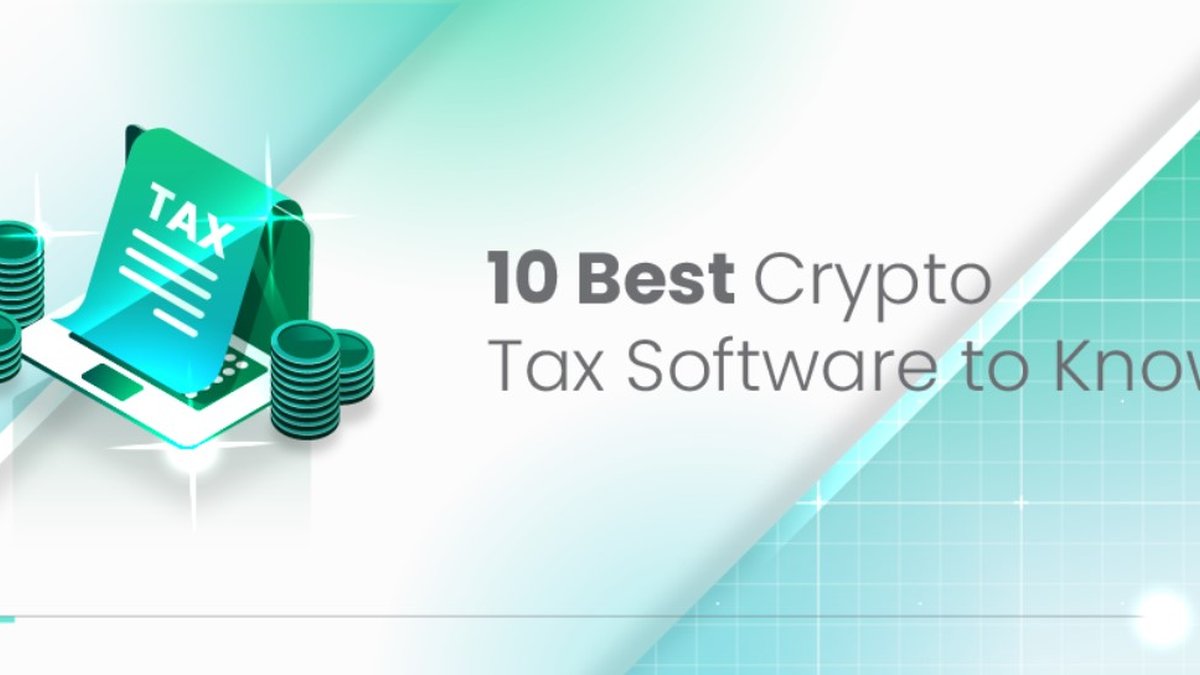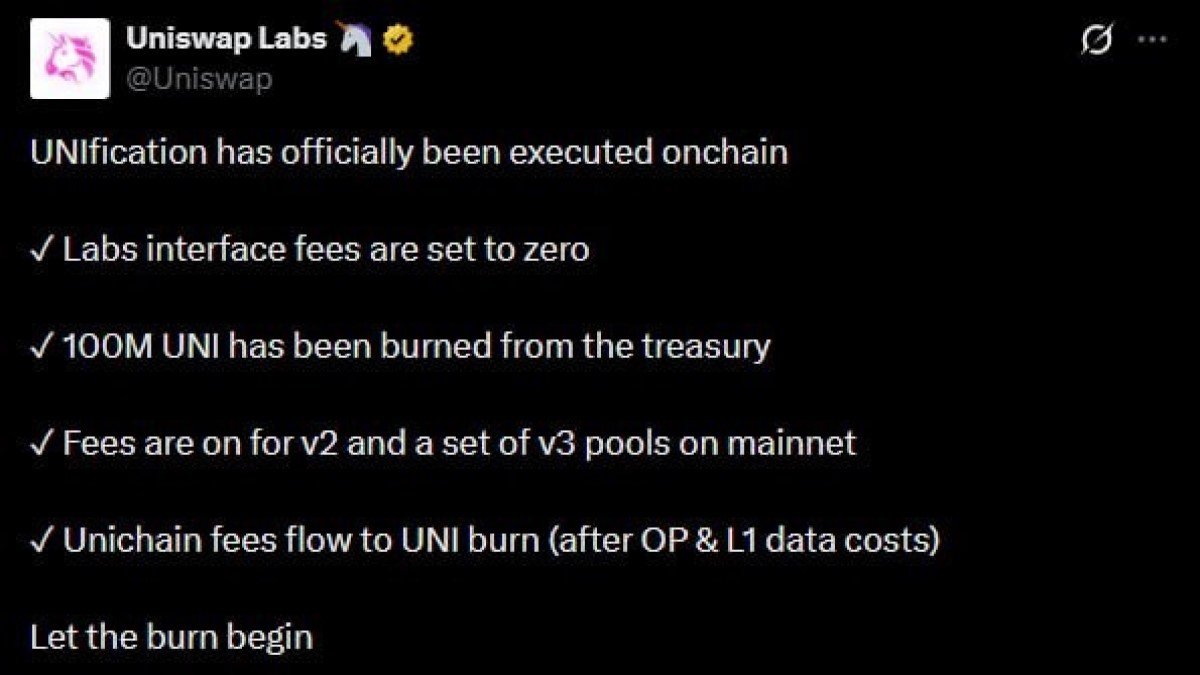Top Crypto Tax Apps: Navigating Compliance in the Digital Asset Era
As crypto adoption accelerates, tax reporting has become a non-negotiable part of the investment lifecycle. Authorities are increasing oversight and information reporting expectations, while investors face sprawling activity across multiple exchanges, wallets, and chains. The right crypto tax app can automate data collection, reconcile complex on-chain events, and generate compliant reports for 2025 and beyond.
Why Crypto Tax Apps Matter in 2025
Unlike traditional brokerage accounts, crypto activity spans CEXs, DEXs, L2s, and DeFi protocols. Each trade, swap, bridge, airdrop, staking reward, or liquidity incentive can trigger a taxable event. Manual spreadsheets are error-prone and hard to audit. Tax software centralizes data and applies jurisdiction-aware rules so you can file confidently and focus on strategy, not reconciliations.
How to Choose a Crypto Tax App (Checklist)
• Integrations: Coverage for major CEXs, self-custody wallets, L2s, and leading DeFi protocols. Read-only API keys and reliable CSV import fallback.
• DeFi/NFT support: Accurate handling of liquidity pools, staking, liquid staking tokens (LSTs), airdrops, rewards, and NFT primary/secondary sales.
• Reconciliation quality: Robust matching of deposits/withdrawals and internal transfers; customizable labels for staking, bridging, and rewards.
• Jurisdiction readiness: Country-specific forms and calculations (capital gains vs. income, holding periods, cost-basis methods).
• Audit readiness: Full transaction history, FMV snapshots, fee breakdowns, and exportable evidence.
• Security & privacy: Read-only keys, granular permissions, data retention controls, and transparent policies.
• Pricing & scale: Clear tiers for transaction volume; options for power users, pros, and enterprises.
Top Crypto Tax Apps in 2025
The summaries below focus on strengths, ideal users, and caveats. Always verify current features and pricing in your region.
1) CoinLedger
Best for: Individuals and active DeFi users who want a straightforward workflow. Why it stands out: Broad exchange/wallet coverage, intuitive UI, and streamlined report generation. DeFi/NFT support is practical for common scenarios. Keep in mind: Complex edge cases may still require manual review or accountant oversight.
2) Koinly
Best for: Multi-country filers and expats. Why it stands out: Wide geographic coverage and clear capital gains views across jurisdictions. Handles many DeFi/NFT events. Keep in mind: Transaction labeling may need extra tuning for intricate DeFi flows; sanity-check large imports.
3) CoinTracker
Best for: Users who want portfolio tracking plus tax in one place. Why it stands out: Strong integration footprint and clean mobile experience. Keep in mind: Power users with heavy DeFi activity should validate complex events and reconcile regularly.
4) TokenTax
Best for: Advanced traders and high-complexity portfolios. Why it stands out: Software combined with access to tax professionals; suitable for NFT-heavy, yield-farming, or cross-entity cases. Keep in mind: Premium service levels may carry higher costs.
5) ZenLedger
Best for: Guided workflows and quick filing. Why it stands out: Helpful step-by-step flows and integrations with popular filing software. Keep in mind: Review DeFi/NFT mappings for accuracy before finalizing reports.
6) Accointing
Best for: Mobile-first users who value analytics. Why it stands out: User-friendly interface and portfolio insights in addition to tax exports. Keep in mind: Confirm local form support and double-check complex DeFi events.
Feature Snapshot
| App | Integrations | DeFi/NFT | Reporting | Best For |
|---|---|---|---|---|
| CoinLedger | Broad CEX/wallet coverage | Solid for common cases | Capital gains, income, exports | Individuals, active DeFi |
| Koinly | Wide multi-country support | Good DeFi/NFT handling | Jurisdiction-ready reports | Global filers, expats |
| CoinTracker | Strong exchange/wallet sync | Decent; validate complex flows | Reports + portfolio tracking | All-in-one seekers |
| TokenTax | Pro-grade onboarding | Advanced/NFT/yield cases | Reports + pro review | High complexity |
| ZenLedger | Popular connectors | Good; confirm mappings | Guided filing workflows | Speed & simplicity |
| Accointing | Mobile-friendly coverage | Core features supported | Global exports | Analytics + tax |
DeFi & NFT: What Good Apps Should Handle
- Liquidity pools & AMMs: Split cost basis correctly; track LP token mint/burn and trading fees.
- Staking & liquid staking: Recognize rewards income; maintain basis for LSTs and unwrap events.
- Bridging & internal transfers: Avoid double-counting disposals; map cross-chain moves as non-taxable transfers where appropriate.
- NFT mints, sales, and royalties: Distinguish creator income vs. investor capital gains; attach gas/fees properly.
- Airdrops & rewards: Income at receipt in many jurisdictions; subsequent disposals as capital gains/losses.
Implementation Playbook (Step-by-Step)
1. Scope: List every exchange, wallet, chain, and dApp you used in the tax year.
2. Connect: Use read-only APIs or import CSVs. For nonstandard dApps, pull on-chain data from explorers/indexers.
3. Normalize: Ensure consistent ticker symbols, chain IDs, and stablecoin naming. Tag internal transfers.
4. Reconcile: Match inflows/outflows and fix gaps (OTC trades, private sales, failed API pulls).
5. Label: Mark staking, LP rewards, airdrops, and NFT events accurately; attach gas and fees.
6. Export: Generate country-specific reports and archive transaction-level evidence for audit readiness.
Edge Cases & Pro Tips
- Bridged assets: Treat bridge in/out as transfers unless your jurisdiction treats them otherwise; keep TX hashes.
- LP positions: Document pool composition and fee tier; consider impermanent loss impacts on realized P&L.
- Dust & spam tokens: Exclude zero-value spam; follow your jurisdiction’s de minimis rules if applicable.
- Rate sources: Use consistent FMV sources (time-stamped) for conversions to local currency.
- Multi-entity setups: Separate wallets per entity; avoid co-mingling business and personal flows.
Security & Privacy
Favor apps that use read-only API keys, allow per-connector permissions, encrypt data at rest and in transit, and provide clear data retention and deletion options. Enable 2FA and restrict team access to the minimum needed for review and filing.
Business & Enterprise Considerations
Companies need role-based access controls, multi-ledger support, and audit-grade exports. Ask vendors about SOC reports, data residency, and enterprise SLAs. Confirm how they handle staking, OTC, and treasury operations across multiple chains.
The Road to Real-Time Reporting
Policy trends point toward broader information reporting for digital assets. Expect tighter data standards and more direct platform reporting in coming years. Choose software that iterates quickly and supports granular, verifiable exports.
Frequently Asked Questions
Can I rely only on exchange exports? Usually not. DeFi, self-custody, and cross-chain activity often require on-chain reconciliation beyond exchange CSVs.
Which cost-basis method should I use? It depends on local rules (e.g., FIFO, specific identification). Good apps let you configure and document your choice.
Do these apps handle NFTs? Most leading tools support common NFT scenarios, but creators and high-volume traders should validate royalties and complex mints.
What about privacy? Reputable vendors use read-only access and encryption. Review data policies and rotate API keys periodically.
Do I still need an accountant? For complex portfolios, yes. Software reduces grunt work, but professional review mitigates risk.
Conclusion
Crypto tax software has matured into essential infrastructure. By prioritizing integrations, reconciliation quality, and jurisdiction-ready reporting, you can file accurately for 2025 while saving time and reducing risk. Start early, document consistently, and choose a platform that keeps pace with the rapidly evolving digital asset landscape.






